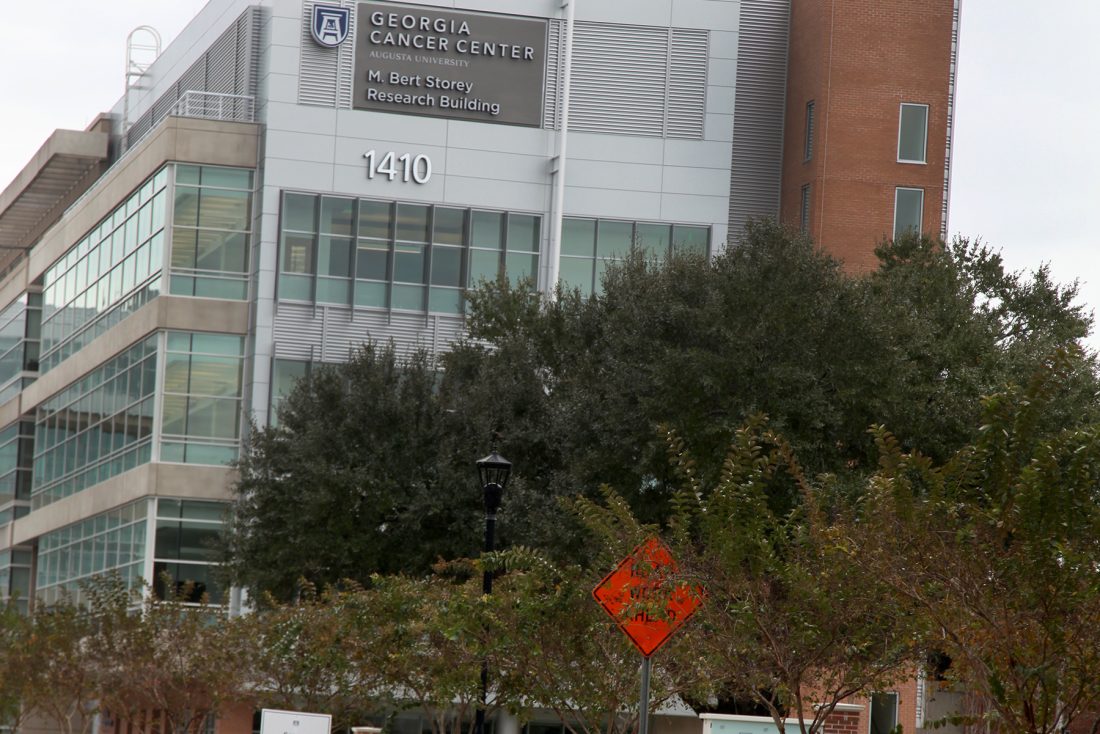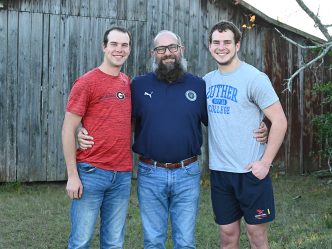This week at Augusta University, we take a look at what’s behind grocery store shortages and our researchers explore better options to treat liver cancer.
Several factors are causing grocery store shortages
All across the country, shelves in a lot of stores are empty. We’re seeing it more and more in grocery stores. But what’s causing the shortages? “Like most things, it is complicated, not a lot of easy answers, but there are clearly a few things in play here,” said Dr. Richard Franza, dean of the Hull College of Business.
Franza said there are issues all along the supply chain caused by a shortage of workers and the limitations they may have. From production, to transportation, to issues at the grocery stores themselves, there are problems at every level.
“I am optimistic that we can get past the omicron crunch in the upcoming weeks so things should get better this quarter,” he said. “However, this will just put us back to where we were pre-omicron, with still some lingering issues. I am hopeful that as the pandemic evolves into an endemic, things will resemble a more normal environment no later than the end of the second quarter.”
Georgia Cancer Center works to develop a new treatment option for liver cancer
Liver cancer is the third leading cause of cancer deaths worldwide and there are not many treatment options currently available for patients. Dr. Yukai He, a professor in biochemistry and molecular biology at the Georgia Cancer Center and the Medical College of Georgia, is working with a research team to develop new treatments.
“I have witnessed the suffering and death of liver cancer patients since I was in medical school. The suffering of liver cancer patients constantly reminds me and motivates me to develop novel therapies for them using our knowledge I have learned,” said He.
Using chimeric antigen receptor T-cells, known as CAR-Ts, is one way to treat cancer. While this treatment option is not new, He said they have discovered low-affinity CAR-Ts are able to kill tumor cells to the same extent as high-affinity CAR-Ts, but they stay in the tumor mass longer and with less exhaustion than high-affinity CAR-Ts.
Interview opportunities are available for these story ideas. Call 706-522-3023 to schedule an interview. Check out the Augusta University Expert Center to view our list of experts who can help with story ideas.
 Augusta University
Augusta University




